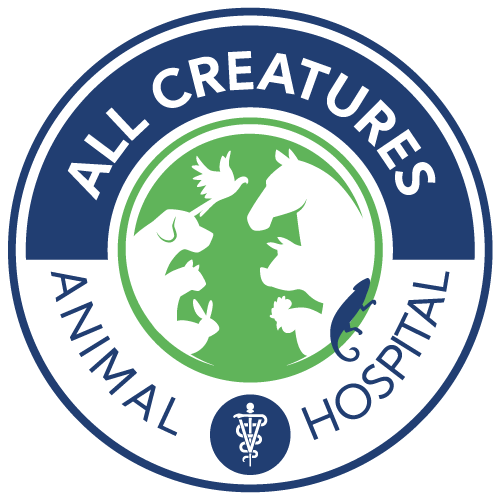Practicing good dental hygiene is important to your pet’s overall health. Tartar and plaque build-up on your pet’s teeth can cause serious health problems. Aside from bad breath, your pet may develop gum recession, cavities, periodontitis, and rotten teeth.
Pets with untreated dental disease are more likely to develop health problems involving the heart, liver, lung, and kidney. During a physical examination, our experienced veterinary team can recommend a dental program suited to your pet’s needs.
If you would like to learn more about our high-quality dental care, please call the team at (817) 326-6262 or email us at [email protected].
Dentistry: Cleanings, Surgery and Treatments
Ensuring proper dental care calls for a team effort of the pet owner and the veterinary staff. In addition to regular deep cleanings at the veterinary hospital, dogs and cats should also have a regular tooth brushing daily.
Prophylactic Preventative Cleanings
Preventative dental cleanings under anesthesia are recommended at regular intervals to preserve oral health. Just like human teeth, pet teeth accumulate plaque and tartar. Without providing appropriate veterinary dental care for your pets, periodontal disease develops, leading to severe gingivitis and ultimately tooth loss. This preventable condition affects over 80% of pets over the age of two.
A prophylactic cleaning involves:
- Pre-anesthetic workup, including physical examination and bloodwork
- Anesthesia
- Oral examination
- Dental radiographs (x-rays)
- Ultrasonic scaling to remove tartar from above and below the gumline.
- Polishing to remove scratches created during the above process
Treatment of Periodontal Disease
When left untreated, periodontal disease will progresses to where the tooth structure under the gum line is infected. Our doctors are trained and equipped for the following procedures:
- Extraction of teeth
- Open curettage (removal of tartar by surgically lifting up portions of the gums for better exposure, also known as a deep cleaning)
- Guided tissue regeneration (attempted repair of large pockets with use of bone-regeneration materials and surgical repositioning of gum flaps)
If you think your pet may be in need of a dental cleaning or treatment, please contact us. We’ll ensure your pet receives the dental care they need!

